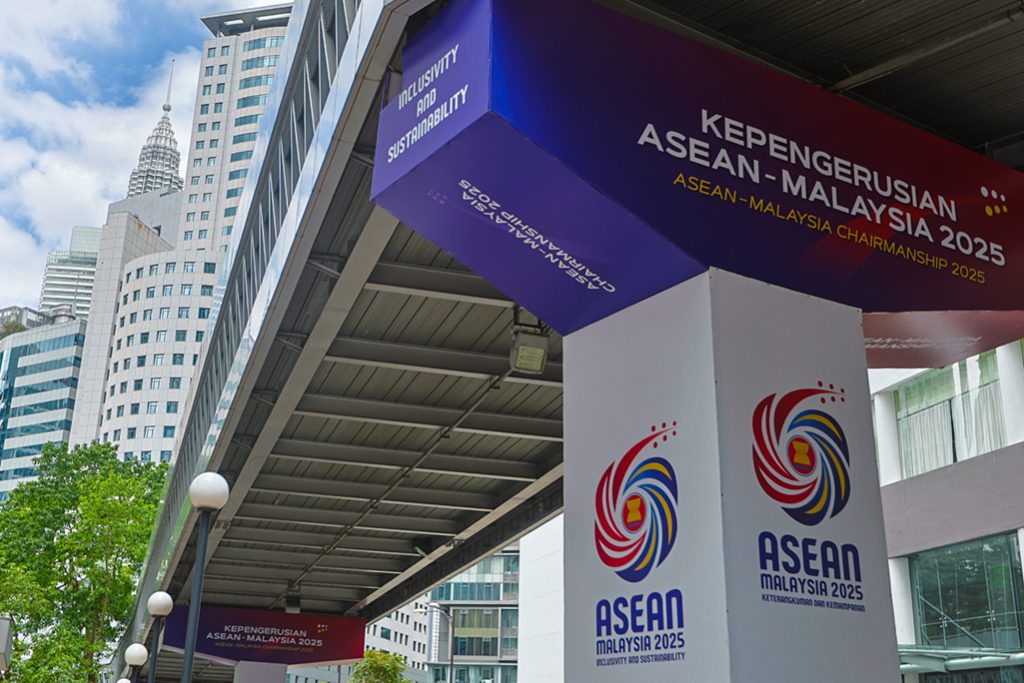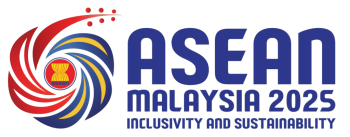
 THE Committee for Permanent Representatives to ASEAN (CPR) plays a vital role in ensuring member states remain united and move in tandem towards regional integration despite their diverse political systems, national priorities and varying levels of development, said two academic experts.
THE Committee for Permanent Representatives to ASEAN (CPR) plays a vital role in ensuring member states remain united and move in tandem towards regional integration despite their diverse political systems, national priorities and varying levels of development, said two academic experts.
Universiti Utara Malaysia (UUM) senior lecturer in Politics and International Relations Prof Dr Mohd Azizuddin Mohd Sani said since its establishment in 1967, ASEAN has expanded from just three to 10 member states united by shared interests.
“It is certainly not easy to unify all ASEAN countries given their differing national interests, fiscal economies, cultures and languages.
“However, the strength of this region lies in its vast market potential, with over 680 million people and an economic value reaching trillions of dollars,” he said in a broadcast on Bernama TV last night in conjunction with the 46th ASEAN Summit.
He said the ASEAN Way, which emphasises non-interference and consensus-based decision-making, remains relevant despite frequent criticism.
“For example, Prime Minister Datuk Seri Anwar Ibrahim’s efforts to address the Myanmar crisis do not equate to recognising the junta, but are aimed at seeking a solution to the humanitarian issue,” he said.
He added that the CPR plays a critical role in bridging decisions made at the highest levels of ASEAN leadership with implementation at the domestic level in each member state.
Meanwhile, Putra Business School MBA Programme director Prof Dr Ahmed Razman Abdul Latiff stated that the economic aspect is the most effective platform for achieving consensus among ASEAN countries.
“Economic issues are core concerns that have a direct impact on the people and government stability.
“That’s why the CPR plays a major role in ensuring the alignment of national policies, particularly on matters like supply chains, investment and infrastructure,” he said in the same broadcast.
He said collaborative initiatives such as the Regional Comprehensive Economic Partnership (RCEP), which includes all 10 ASEAN member states, and openness to technologies like blockchain and artificial intelligence (AI) could enhance the region’s competitiveness.
“Not all foreign investments are suitable for every country. So the ASEAN spirit is about identifying each country’s strengths — for instance, if Malaysia cannot accommodate a manufacturing investment, perhaps Cambodia or Laos can, while countries like us can contribute in terms of expertise,” he said.
Razman also stressed the importance of cross-border infrastructure support, such as China’s Belt and Road Initiative, which includes ASEAN countries and could unlock more economic opportunities.
Both professors agreed that ASEAN can only become an influential middle power on the global stage if it acts collectively in expressing its diplomatic stance, especially on issues such as the South China Sea, the Myanmar crisis and global trade.
The CPR meeting was held here yesterday in preparation for the 46th ASEAN Summit, which will take place at the Kuala Lumpur Convention Centre (KLCC) next week.
The high-level meeting gathered ASEAN permanent representatives, the Ambassador of Timor-Leste, and the deputy secretary-general of the ASEAN Political-Security Community (APSC).
It was followed by a series of preparatory meetings, including the ASEAN Senior Officials’ Preparatory Meeting (Prep-SOM), the ASEAN-Gulf Cooperation Council (GCC) Prep-SOM, and the ASEAN-GCC-China Preparatory Meeting.
The 46th ASEAN Summit will be held on May 26 and 27, followed by the 2nd ASEAN-GCC Summit and the inaugural ASEAN-GCC-China Summit.
This summit, themed “Inclusivity and Sustainability”, marks the fifth time Malaysia is chairing ASEAN, after holding the position in 1977, 1997, 2005, and 2015. — BERNAMA
The post CPR key to ASEAN unity, say experts appeared first on The Malaysian Reserve.

